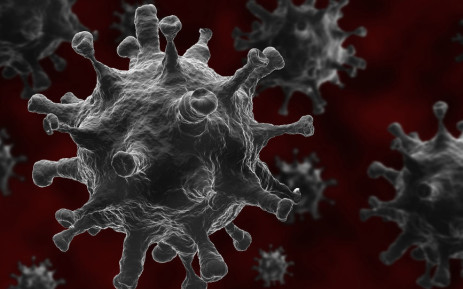The Japanese government’s top coronavirus adviser has warned of the overburdening of the health system as case numbers reached record levels on Thursday, casting a shadow over Olympic Games.
“If crisis awareness is not shared, sooner or later the pressure on the health system will become more serious,” medical doctor Shigeru Omi warned at a committee meeting in parliament.
On Thursday, the number of registered new infections rose for the third day in a row to a high of 3,865 cases. On the previous day, there had been 3,177 cases within 24 hours.
Nationwide, the number of new infections rose above the 10,000-case mark for the first time in one day, due to the rapid spread of the Delta variant. “Apart from vaccination, there are not many other factors to bring down the infections,” Omi said.
He said many citizens had now become accustomed to the coronavirus situation, which contributed to the rise in infections. Other factors besides the Delta variant of the virus are the holiday season and the Olympic Games, he said.
Tokyo Governor Yuriko Koike called on younger citizens to get vaccinated, stay home and follow the anti-coronavirus measures. “Young people’s activities are the key [to curbing infections].” The rise in infections had nothing to do with the Olympics, Koike said on Thursday.
Japanese psychology professor Harada Takayuki of Tsukuba University told Japan’s NHK television that in the wake of the cheerful Olympic mood and the successes of Japanese athletes, many people were no longer taking the coronavirus so seriously.
They see that it is apparently not a problem that people from all over the world come to the games and now believe that the coronavirus is “no big deal.”
In view of the fourth state of emergency for Tokyo, a habituation effect is setting in and the effect of the anti-coronavirus measures is fading.
Younger Japanese people in particular are accused of being out and about drinking on the streets at night after the restaurants, which are not allowed to serve alcohol, have closed.

